When the Airbus A380 made its maiden flight in 2005, a group of dreamers thought up the idea of building an aeroplane that could fly almost non-stop using only solar energy. Despite an inauspicious start due to some financial problems, the project finally went ahead until the first prototype took flight in 2009.
Solar Impulse is, without doubt, a brave, resolute initiative that has much to contribute in the field of energy efficiency and the aerospace industry.
It is well known that one of the aeronautical industry’s R&D&I priorities – always after seeking advances in safety – is to achieve greater efficiency in aircraft. The targets include, among others, reducing fuel costs per seat and minimising pollution. Great strides are being made to attain these aims with ever more efficient aircraft in all respects. The Boeing 787 or the Airbus A350 could be cited as examples. But let’s look into a much more radical story.
 As a matter of fact, the challenge faced by Solar Impulse is to build an aircraft that can stay in the air permanently without stopping by only using the sun as a source of energy and without using any fossil fuels at all. During the day, energy is obtained directly through photovoltaic cells and, at the same time, a series of lithium-ion polymer batteries are recharged which will serve to fly at night.
As a matter of fact, the challenge faced by Solar Impulse is to build an aircraft that can stay in the air permanently without stopping by only using the sun as a source of energy and without using any fossil fuels at all. During the day, energy is obtained directly through photovoltaic cells and, at the same time, a series of lithium-ion polymer batteries are recharged which will serve to fly at night.
The aircraft weighs 2.3 tonnes and is 22 metres long. It has a wingspan of 72 metres and its secret resides in the 17,248 photovoltaic cells arranged throughout its structure. Its cruising speed is of around 90 km/h.
This project’s most recent model, the Solar Impulse 2, took off from Abu Dhabi at the beginning of March with the aim of circling the planet without using any fossil fuel in an adventure that is scheduled to last five months.
 Some sceptics believe this project is no more than a scientific divertimento, which will not lead to any significant advances for the aeronautical industry. On the other hand, many others are convinced that we still have a long way to progress in the knowledge of materials, energy optimisation, the efficiency of engines and how to make better use of natural sources of energy. Solar Impulse is, without doubt, a brave, resolute initiative that has much to contribute in this field.
Some sceptics believe this project is no more than a scientific divertimento, which will not lead to any significant advances for the aeronautical industry. On the other hand, many others are convinced that we still have a long way to progress in the knowledge of materials, energy optimisation, the efficiency of engines and how to make better use of natural sources of energy. Solar Impulse is, without doubt, a brave, resolute initiative that has much to contribute in this field.
You can find an interesting video here that will provide you with further details on the Solar Impulse project, as well as on the project to circle the globe which has just begun.
Visit the official website of this amazing project: www.solarimpulse.com

